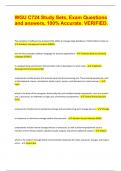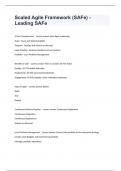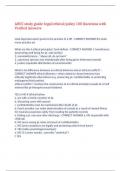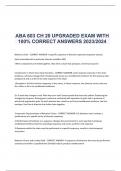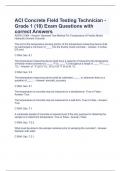country or region and bring with them their religious beliefs and practices. Religious knowledge and
faith systems are no longer isolated to particular cultures and locations but instead encountered
locally all around the world.
Inter-faith dialogue
Inter-faith dialogue is about communication and exchanging of ideas between people with different
beliefs leading to mutual respect and a deeper understanding of other people’s faiths.
It could be argued that inter-faith dialogue is a key, intrinsic aspect of Christianity. After all,
Christianity shares much of its doctrine with Judaism and most of the early Christians – whom had to
be converted – were previously Jewish. Furthermore, the early religion actually evolved through
inter-faith dialogue and this is best highlighted by Christmas and Easter, which came about due to
dialogue with European paganism. Furthermore, many of St Paul’s letters – which make up a large
proportion of the new Testament – are in fact letters to early Christians who are living in societies of
other faiths and how best to respond to the religious conditions of the time.
Theological exclusivism and inter-faith dialogue
For restricted access exclusivists, inter-faith dialogue is purely an opportunity to spread the gospel in
the hope of converting people to Christianity. They aim to find common ground and show how that
common ground points towards the Christian message.
There is a struggle between treating non-Christians with respect but also belief in exclusive salvation
for Christians. Many would argue that for dialogue to be genuine there has to be a respect for others
and their beliefs, but this means accepting that the truth is not limited to Christianity. Michael
Barnes worries that dialogue means people will begin questioning the teachings of the church.
However, even exclusivist Karl Barth calls for Christians to enter with humility and openness because
humans cannot dictate where God reveals himself.
Theological inclusivism and inter-faith dialogue
Incluvists want to use the dialogue to develop open and genuine discussion. It is an opportunity to
communicate the Christian message relevantly and encourage those of other faiths to be anonymous
Christians. The dialogue can also provide openings for ways to work together on social or charitable
projects.
Structural inclusivism is about developing understanding of other faiths. David Ford argues that
interfaith dialogue works effectively when common ground has been established, then the
differences can be discussed with a spirit of collegiality. These differences can force people to think
hard about what they believe. Ford believes that Judaism, Christianity and Islam are united by the
biblical covenant and have much to teach each other.
David Ford draws attention to two moments in history where this has been achieved:
- The Holocaust prompted greater dialogue between Christians and Jews. Jews invited
Christians into discussion with the document Dabru Emet (speak the truth) which highlighted
that Jews and Christians share the same God and seek authority from the same scriptures,
and needed to work together for peace.
- The second was the rise in tensions between Islam and the West at the beginning of the 21 st
century. Leading Muslim scholars sent a letter ‘A Common Word Between Us and You’ to


